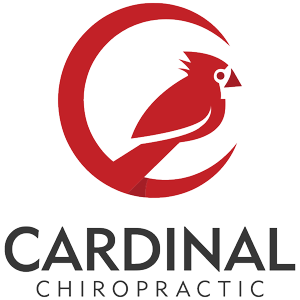The month of February reminds you take care of your heart. Your heart is an important muscle as it pumps blood to all the areas of your body. Your blood carries oxygen and nutrients that your organs need to work properly. Your heart also has its own electrical system. This electrical system controls the rate and rhythm of your heartbeat. A healthy rate will supply your body with the right amount of blood to work well. When this system breaks down, your body’s organs may not receive enough blood to work normally. Taking care of your heart is an essential part of taking care of your entire body.
You can take care of your heart by implementing the following helpful tips.
Omega 3 Fatty Acids
Eating foods rich in omega 3 fatty acids is one way to care of your heart. Omega-3 fatty acids are known to reduce the risk of heart attack and stroke. Omega-3 fatty acids are also a natural anti-inflammatory. Be sure to include foods like fatty fish, walnuts, and avocado in your diet. Also consider supplementing with a high quality omega 3 fatty acid supplement, like Nordic Naturals.
Fiber
Unfortunately, the Western diet is high in processed foods and lacks healthy fiber. This causes weight gain and a multitude of health problems, including heart disease. A diet high in fiber has been shown to protect your heart. Fiber is known to lower cholesterol and may also lower blood pressure and inflammation. Be sure to include foods like navy beans, split peas, lentils, artichokes, pears, apples, almonds, collard greens, and chia seeds in your diet.
Sleep
Sleep plays a huge role in your overall health and wellness, including your heart health. Not getting enough sleep is known to increase blood pressure, increase inflammation, and increase the risk of cardiovascular disease. Be sure to get 7 to 8 hours of sleep each night to improve your heart health.
Stress
Any type of stress, whether it is physical, emotional, or chemical increases inflammation in your body. This inflammation can damage your heart. Be sure to practice stress relieving exercises like yoga or meditation to reduce emotional stress. Reduce physical stress by keeping healthy posture and spinal alignment. Reduce chemical stress by making healthy food choices and avoiding drugs and smoking.
Posture
What does your posture have to do with your heart? Studies show that increase curvature in the mid back (thoracic spine) can actually put stress on your heart. Because your heart is in your rib cage, any increased curvature in your mid back can cause your heart to work harder. Practicing good ergonomics and getting your posture adjusted is a good way to keep your posture healthy.
Exercise
Everyone knows by now how important exercise is to your overall health and wellbeing. Regular exercise improves factors linked to cardiovascular health, resulting in lower blood pressure, healthier cholesterol levels, and better blood sugar regulation. You don’t have to have fancy gym equipment or a crazy workout routine to improve your cardiovascular health. Even a 20 minutes walk, 5 times a week can improve your heart health. Nowadays there are also tons of free workout videos online so finding something that you enjoy is not too difficult.
Taking care of your heart and your overall health is a daily practice. Choose 1-2 areas to focus on and add other areas as you are ready. New habits take time to develop, so give yourself the grace to learn something new. Always be kind to yourself and allow yourself to make mistakes. Mistakes are how you learn. But, don’t give up as you are worth it!!

